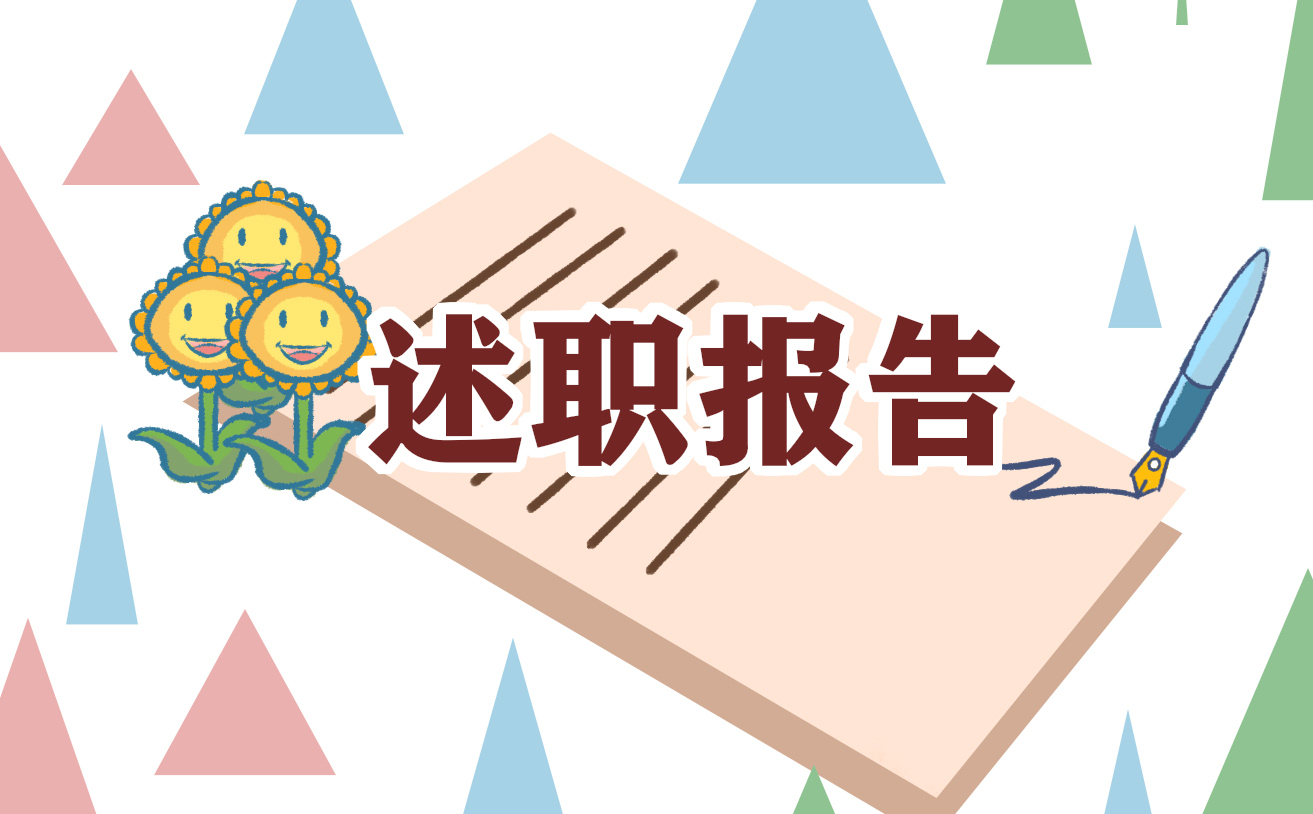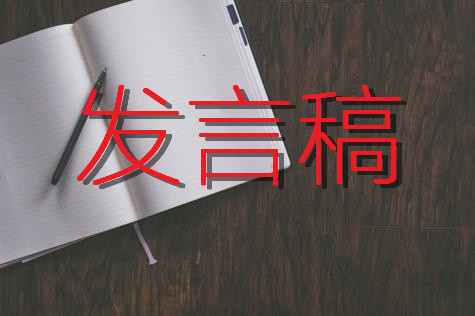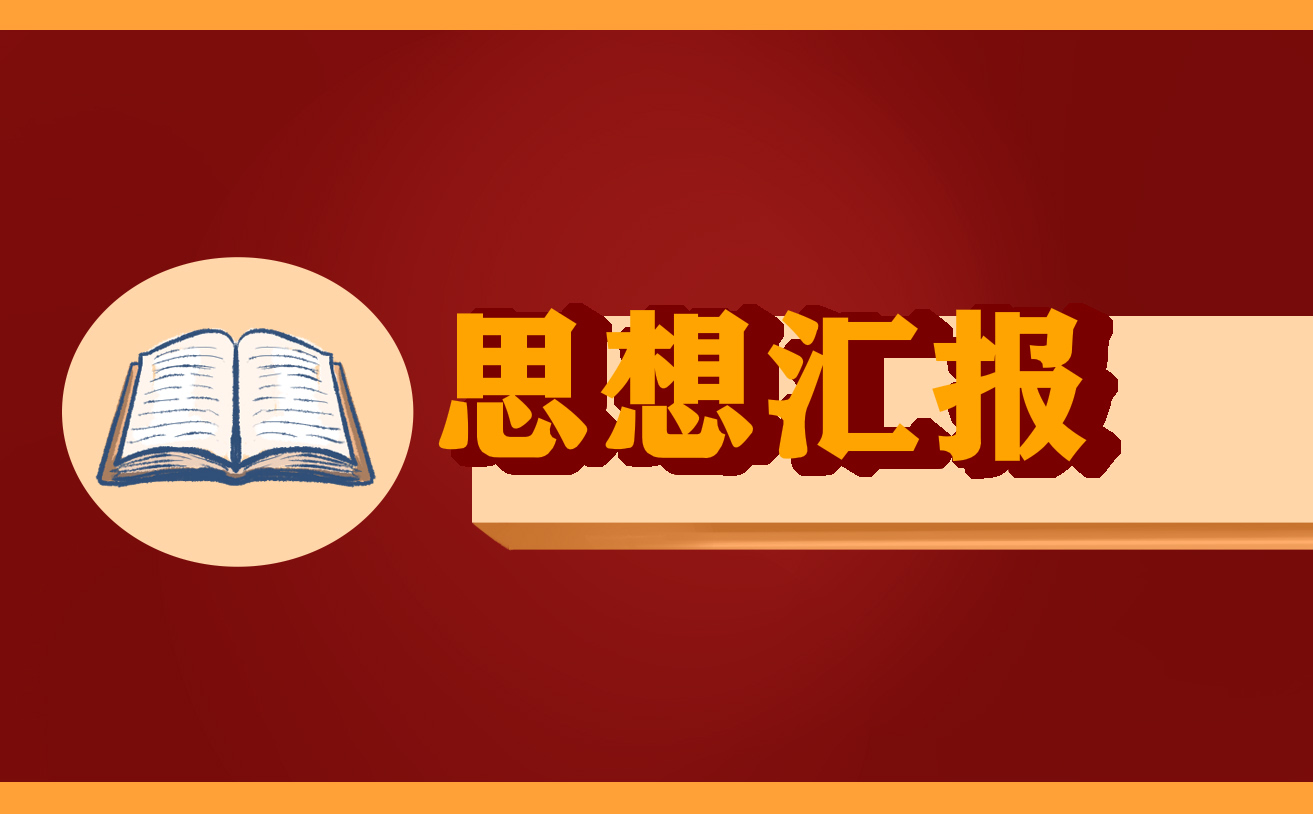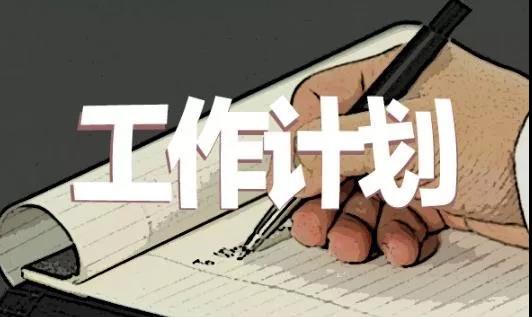“胡马依北风,越鸟巢南枝。”谁不思念自己的故乡?中国人的乡土情结特别浓厚。上下几千年,从屈原的“鸟飞返故乡,狐死必首丘”到余光中的悠悠“乡愁”,思乡始终是中国诗歌的一大主题。到了南朝隋唐时代,诗歌形式日臻完善,思乡诗更层出不穷。其中,南朝江总的微山亭赋韵,唐代王维的杂诗和岑参的逢入京使特别有代表性。
"Hu Ma follows the north wind and crosses the South Branch of the bird"s nest." Who doesn"t miss his hometown? The Chinese people have a strong local complex. For thousands of years, from Qu Yuan"s "birds fly back home, foxes die in the first hill" to Yu Guangzhong"s "nostalgia", homesickness has always been a major theme of Chinese poetry. In the southern Sui and Tang Dynasties, the form of poetry became more and more perfect, and homesickness poetry emerged in an endless stream. Among them, the general Weishan Pavilion rhymes in the Southern Dynasty, Wang Wei"s Miscellaneous Poems in the Tang Dynasty and Cen Shen"s envoy to Beijing are particularly representative.
微山亭赋韵中写道:“心逐南云逝,形随北雁来。故乡篱下菊,今日几花开?”
In the rhyme of weishanting"s Fu, it said: "the heart follows the South clouds and the shape follows the North geese. How many flowers are blooming today? "
这首诗的特色是“大中融小”而又“以小见大”。作者首先展开一片宏大的秋日清朗的天空来:但见南天一抹白云经不住带着丝丝凉意的北风的撩拨,悄然北逝;
而一群北雁却为避寒秋而翩然南来。睹物生情,作者联想到自己。自己的故乡在辽远的北方,却为躲避战乱,寄居南朝,正如这南飞之雁;
然游子思乡之情却因此而愈笃,如同北逝之云,可谓“身在南朝心在北”矣。一个“逐”字,说明思乡之切,欲逐南云而飞去,是主观上强烈的愿望,与下句“随”字相对照:“随”有被动无奈之意,写出他避乱南方的无可奈何。作者写的是秋景,南云飞逝,北雁南飞,都暗示北风已起,是“不写之写”,更写不尽凄凉。接着,笔锋一转,由大入小,写故乡篱下之菊,暗寓“采菊东篱下,悠然见南山”之意,写出对故乡闲适生活的眷恋。民间又有“重阳把酒就菊花”之俗,而今诗人却只能寄身天涯,两相对照,好不凄凉。“今日几花开?”一问将思恋情结发挥至极,将意象浓缩到极小,着意于花,实是于极小中见极大。一问之中饱含不尽情思,使小诗戛然而止,但余韵无穷。
The feature of this poem is "large, medium and small". First, the author unfolds a vast and clear sky in autumn: but a cloud in the South can"t stand the stir of the cool north wind, and quietly passes north; while a group of North geese come south to avoid the cold autumn. Seeing things, the author thinks of himself. His hometown is in the far north, but in order to avoid the war, he lived in the south, just like the wild goose flying in the south. However, the feeling of homesickness of the wandering son is more and more sincere, just like the cloud passing in the north, which can be said that "the heart of the south is in the north". A word "Zhuo" indicates that he is homesick and wants to fly away from the South cloud, which is a strong subjective desire. Compared with the word "suis" in the next sentence, "suis" has the meaning of passive helplessness, and describes his helplessness to avoid chaos in the south. The author wrote about autumn scenery, the flying clouds in the South and the flying wild geese in the north, all of which implied that the north wind had risen, and that it was "not written", not to mention bleak. Then, with a stroke of pen, from big to small, I wrote about the chrysanthemum under the fence of my hometown, which implied the meaning of "picking Chrysanthemum under the eastern fence and seeing Nanshan leisurely", and wrote about my attachment to the leisure life of my hometown. There is also a folk custom of "chrysanthemum is the wine of Chongyang". Today, the poet can only live in the end of the world and contrast with each other. It"s not sad. "How many flowers are there today?" On the one hand, we should play the love complex to the extreme, condense the image to the minimum, and focus on the flowers, which is the maximum in the minimum. A question full of feelings, so that the poem suddenly stopped, but the rhyme is endless.
王维的《杂诗》也是一首五言:“君自故乡来,应知故乡事。来日绮窗前,寒梅着花未?”
Wang Wei"s Miscellaneous Poems is also a five character poem: "when you come from your hometown, you should know about your hometown. Is the plum blossom in front of the window tomorrow? "
这是一个精致的小品,与此类似的还有白居易的《问刘十九》等,都是借一事一景的生活片断抒发深沉的情怀。诗人截取了这样一个情景:故人从家乡来,诗人得知,喜不自禁,料他当知故乡之事,却不问家人,不问亲人,独独问起那窗下寒梅。看似不通,实则正是诗歌艺术剪裁的妙笔。所问琐事,读者自了,惟寒梅着花一事,说尽了诗人的细致,连这样的小事都问到了,可见他思乡之切。而寒梅一枝,暗香浮动,既添小诗之情趣,又表诗人之高洁。可以说“问梅”是一个十分别致的典型情节,成为了这首诗的点睛之笔。“绮窗前”、“着花未”更充满了生活情趣,衬出对故乡的不尽思念,“诗中蕴味,尽在其中”。
This is a delicate sketch, similar to Bai Juyi"s "ask Liu 19" and so on. They all express their deep feelings through the life fragments of one thing and one scene. The poet intercepted such a scene: when the old man came from his hometown, the poet knew that he was overjoyed. He expected that he should know about his hometown, but he didn"t ask his family or relatives. He only asked about the plum under the window. Seemingly impractical, in fact, it"s the wonderful writing brush of the artistic clipping of poetry. The reader is free to ask about trifles, but the story of plum blossom is full of the poet"s details. Even such trifles are asked, which shows his homesickness. And a branch of cold plum, fragrance floating, not only add the taste of small poetry, but also show the noble poet. It can be said that "asking Mei" is a very unique typical plot, which has become the finishing touch of this poem. "Qichuanqian" and "zhuhuawei" are more full of life interest, reflecting the endless yearning for hometown, "the flavor in poetry is all in it".
岑参的《逢入京使》是首七言诗:“故园东望路漫漫,双袖龙钟泪不干。马上相逢无纸笔,凭君传语报平安。”
CEN can"s "every envoy to Beijing" is a seven character poem: "the east of the hometown looks long, and the tears of the double sleeve dragon bell do not dry. I"ll meet you at once without pen or paper. I"ll report my peace with your words. "
与前两首相比,岑参的这首诗显得悲戚而沉重。诗人已年届风烛,却还得驻守边关,他不再能有问菊问梅的闲情雅致。在一片苍茫的边塞风光下回望故园,但见长路漫漫无尽头,诗人老泪纵横,在泪眼蒙眬中看见京中来使,情不自禁,悲从中来,千言万语,亟须表达,却“马上相逢无纸笔”。“马上相逢”可见相逢之匆匆,“无纸笔”写出不尽的无奈之情,最后只能“传语报平安”。从古至今有多少分离与思念,却也有“鸿雁传书”、“鱼腹报信”之说,然而我们的诗人却为情势所迫,只得言语相传。“十五从X征,八十始得归”,离乡多年,有千言万语,而今却只能报一声平安,显得十分凄楚无奈。岑参是着名的边塞诗人,他将边塞诗的悲凉融入到悠悠乡愁之中,更加感人。
Compared with the first two poems, this poem of Cen Shen is sad and heavy. The poet has been in Fengzhu for years, but he still has to stay at the border. He can no longer have the leisure elegance of asking Ju and asking Mei. Looking back at the hometown in the boundless frontier scenery, but seeing the endless road, the poet was full of tears. Seeing the emissary in Beijing in the blindfold of tears, he couldn"t help but, from the middle of grief, thousands of words, which needed to be expressed, but "no paper and pen to meet at once". "Meet at once" can be seen in a hurry, "no paper pen" to write endless feelings of helplessness, and finally only "preach peace". From ancient times to now, there are many theories of separation and missing, but there are also "the transmission of letters by wild geese" and "the report by fish belly". However, our poets are forced by the situation and have to pass on words. "In the tenth five-year war, we will be back in the eighties." after many years of leaving home, we have thousands of words, but now we can only report peace, which seems very sad and helpless. CEN Shen is a famous frontier poet. He integrates the sadness of Frontier Poems into the long homesickness, which is more touching.
纵观这三首诗,以王维《杂诗》生活情趣最浓,浓浓的乡思中有一种乐观情绪。《微山亭赋韵》写秋意,略显凄凉,然而这两首又有一个共同点,即以花作结,以设问完篇。司马迁曾称赞屈原说:其志洁,故其称物芳。此处“称物芳”更是为了表现思乡之情的纯洁。最后用设问,更延续了诗的意境神韵于言外,将绝句短小的不足弥补了起来。岑参的《逢入京使》则极写悲戚,以苍凉之泪浇胸中块垒,以平安之语体现思乡之切,一改前两首的含蓄,感情外露而深沉。然而,尽管这三首诗各具特色,却都以思乡这根红线一以贯之,动人心弦,感人肺腑,这是作者们不矫情,不造作,而以真情实意倾心投入的结果。
Looking at these three poems, Wang Wei"s Miscellaneous Poems is the most in()teresting in life, and there is a kind of optimism in his deep nostalgia. "Weishanting rhyme" is written in autumn, which is a little bleak. However, the two poems have one thing in common, that is, they end up with flowers to set questions. Sima Qian once praised Qu Yuan and said: his ambition is pure, so he is called Wufang. Here "called Wufang" is to show the purity of homesickness. At last, with the help of setting questions, the artistic conception and verve of the poem are further extended, and the short quatrains are made up. CEN Shen"s "every envoy to Beijing" is very sad, pouring desolate tears into his chest, reflecting homesickness in the language of peace. One change of the implication of the first two songs, feelings exposed and deep. However, although these three poems have their own characteristics, they are all consistent with the red line of homesickness, which is the result of the authors" devotion with their true feelings instead of affectation and fabrication.







